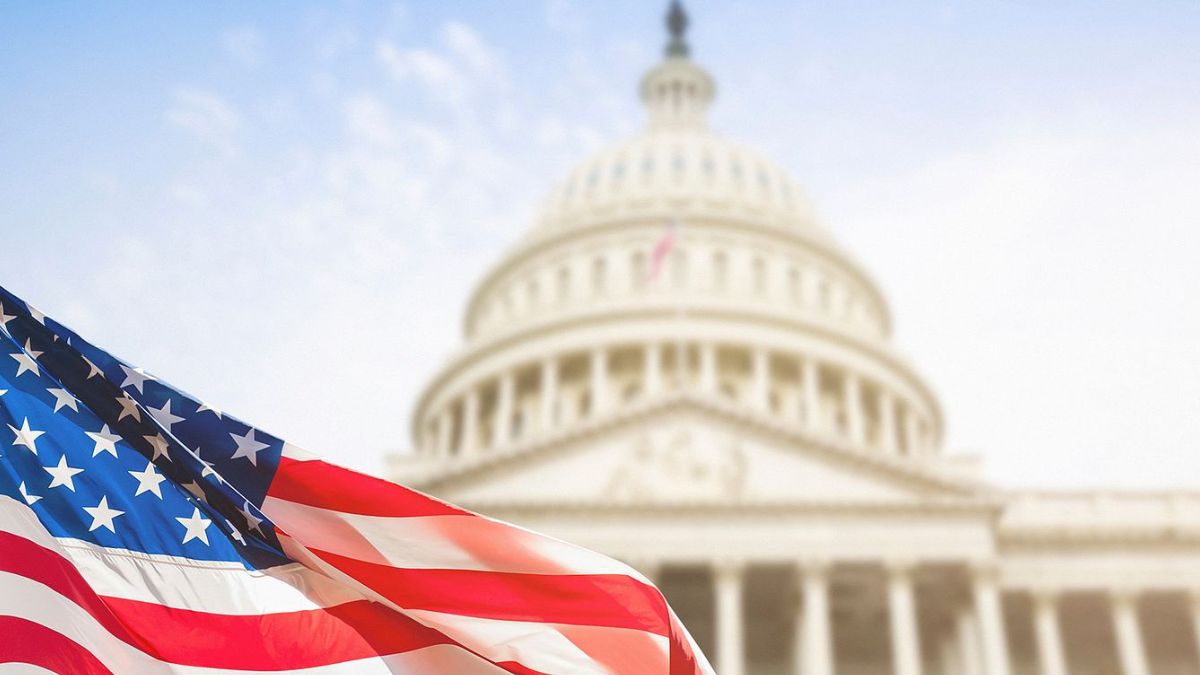Ambassador Katherine Tai delivered remarks at a recent meeting of the President’s Interagency Task Force to Monitor and Combat Trafficking in Persons, highlighting the Office of the United States Trade Representative’s role in advancing the Administration’s commitment to combat human trafficking
In her address, Ambassador Tai underscored the Administration’s distinctive approach to trade, emphasizing the prioritization of workers’ rights and empowerment in the global economy.
She stressed the importance of fostering a competitive environment based on skills and creativity, rather than exploitative practices or labor violations.
Tai outlined key initiatives undertaken in 2023, including the establishment of partnerships with like-minded trading partners committed to combating forced labor.
Notably, the USTR has developed and is negotiating high-standard labor texts for three landmark agreements, aimed at addressing forced labor in supply chains.
The Ambassador highlighted ongoing collaboration with the European Union through the U.S.-EU Trade and Labor Dialogue, as well as efforts to deepen partnerships with Japan through a Task Force to Promote Human Rights and International Labor Standards in Supply Chains.
Additionally, this week saw the convening of a trilateral dialogue between the United States, Canada, and Mexico to address forced labor enforcement under the United States-Mexico-Canada Agreement.
Ambassador Tai emphasized the utilization of all available trade tools to eradicate forced labor, including involvement in World Trade Organization negotiations to address forced labor in fisheries subsidies.
Looking ahead, the USTR is poised to implement the Uyghur Forced Labor Prevention Act and expand the UFLPA Entity List.
Furthermore, the office will release its inaugural Forced Labor Trade Strategy later this year, reflecting extensive collaboration with various stakeholders including government agencies, labor organizations, civil society, survivors, and businesses.



